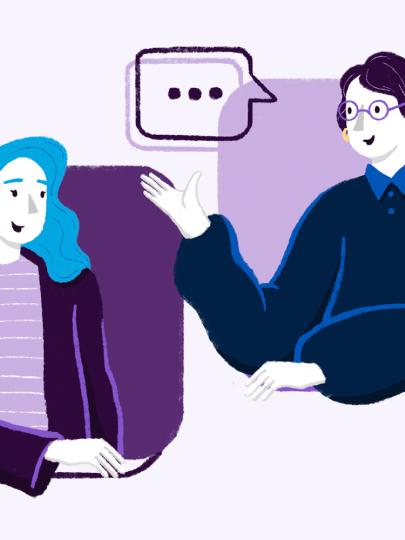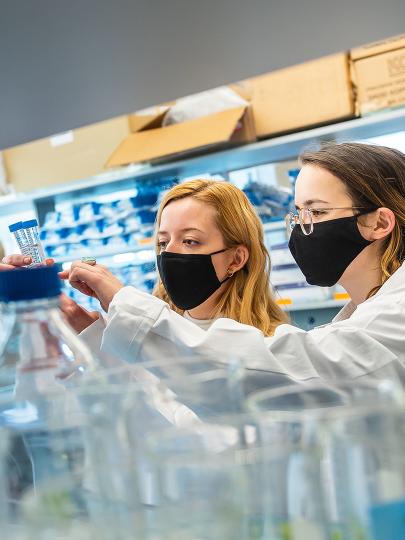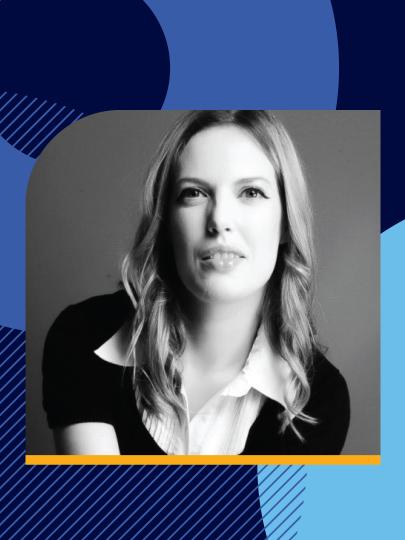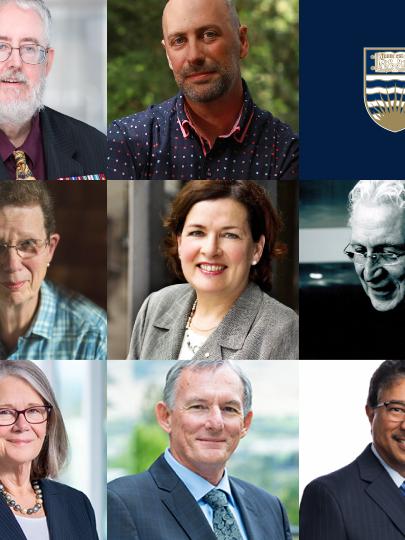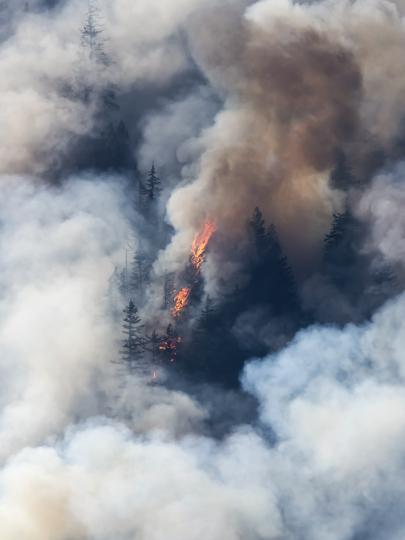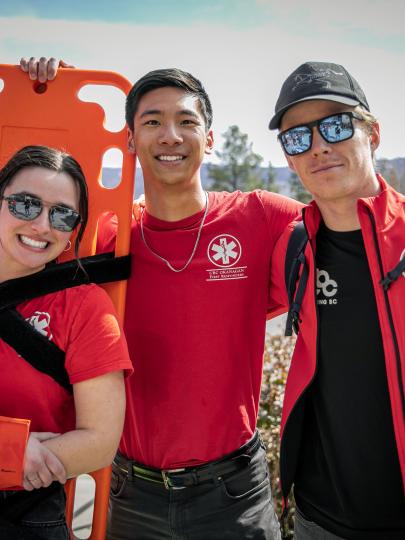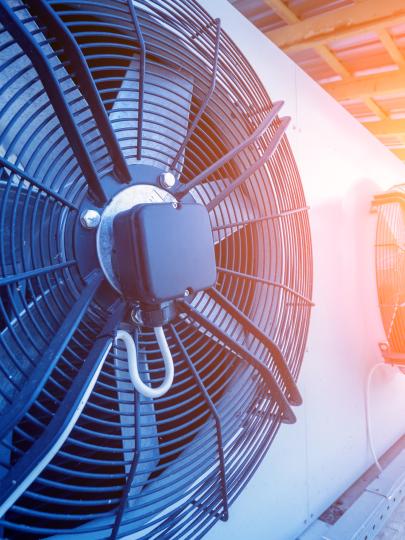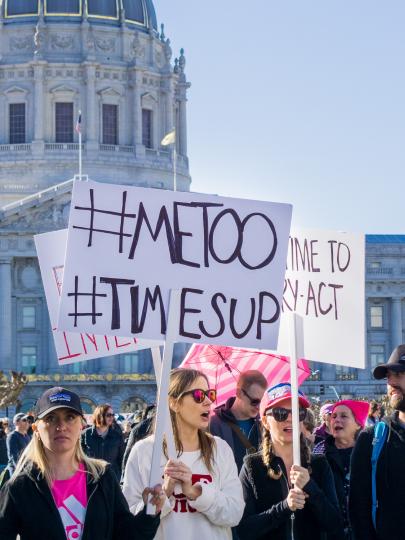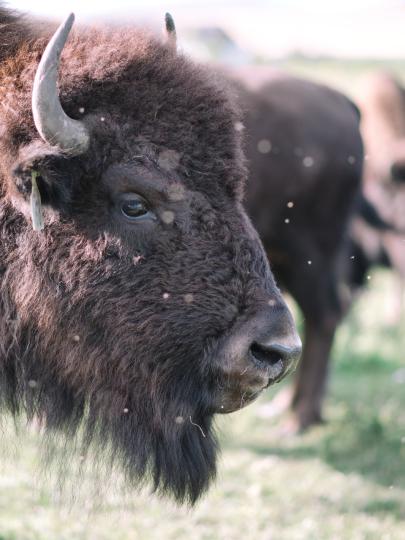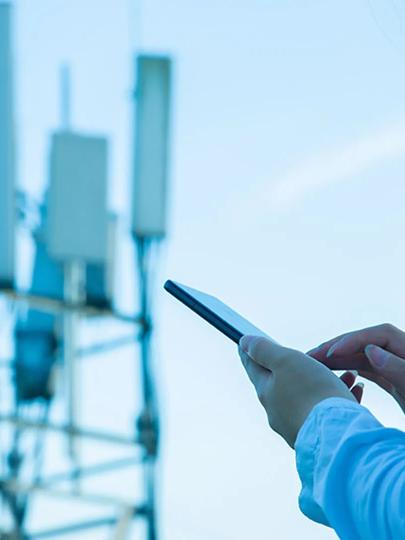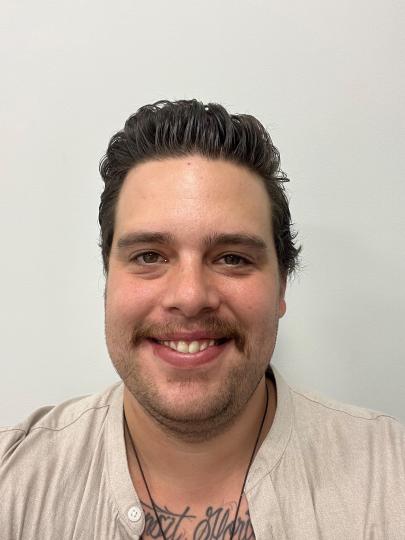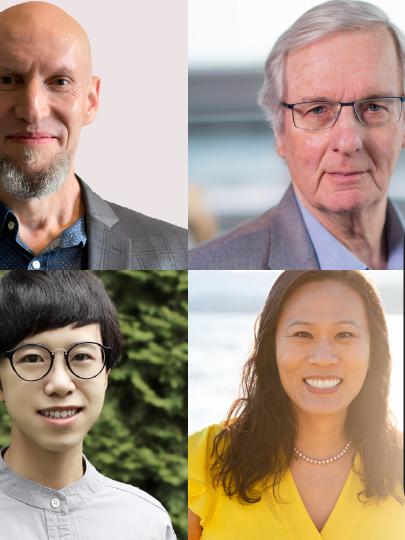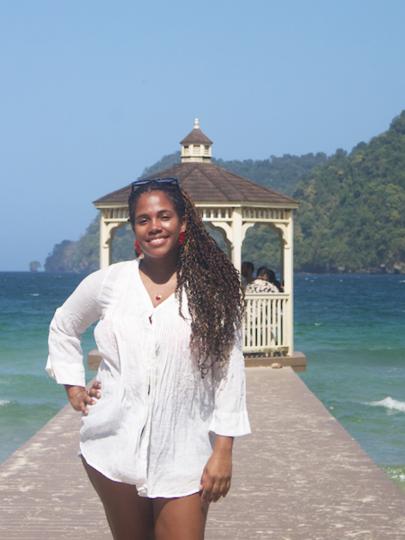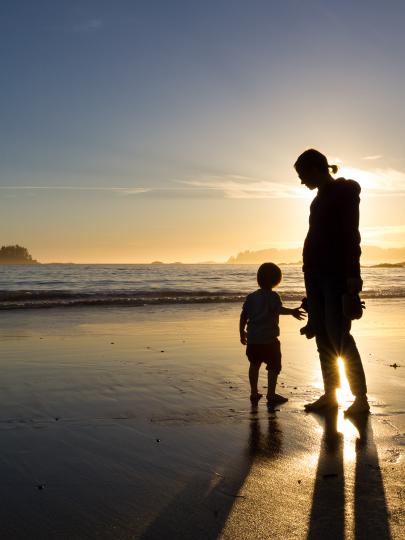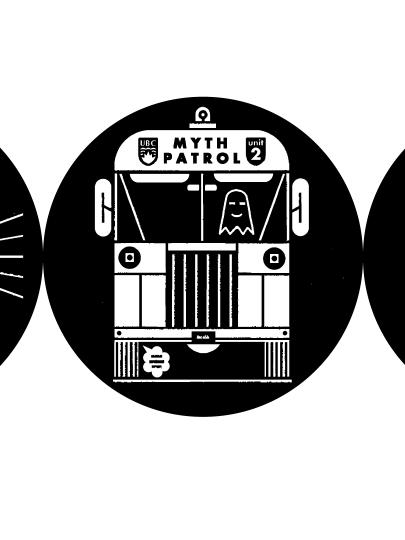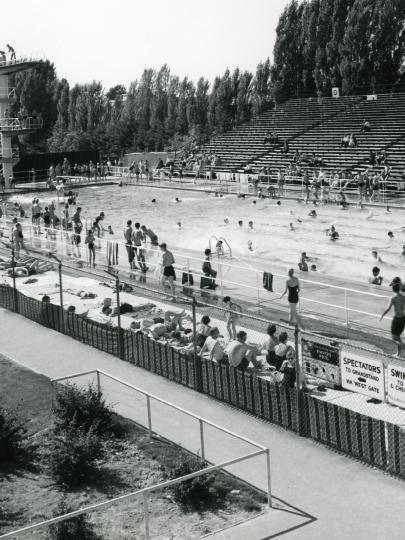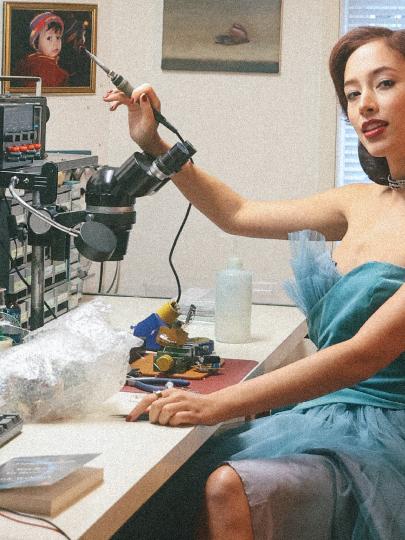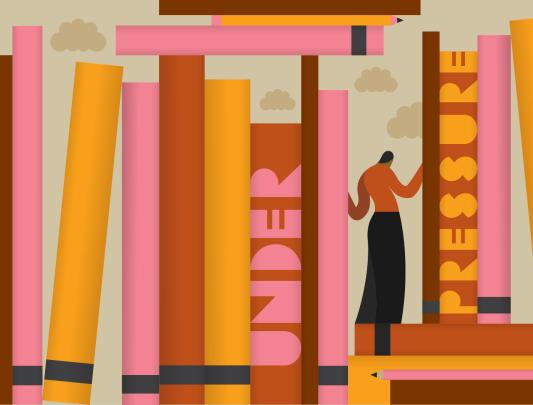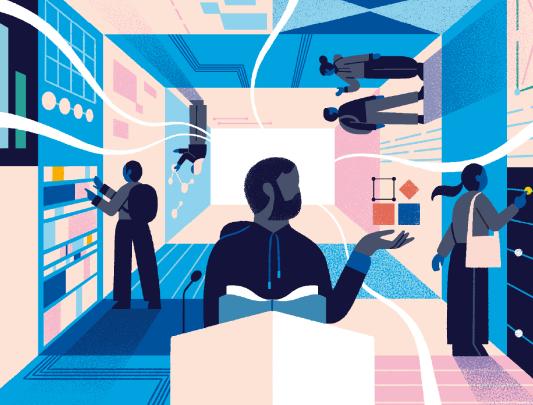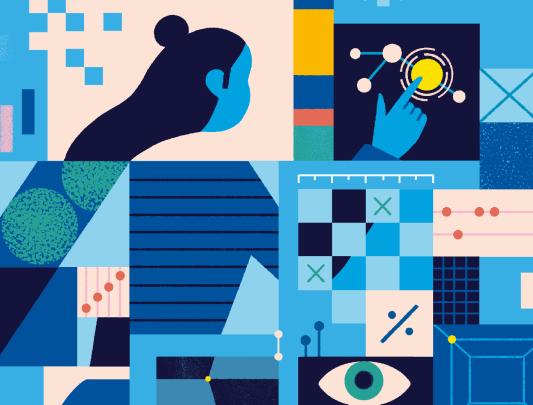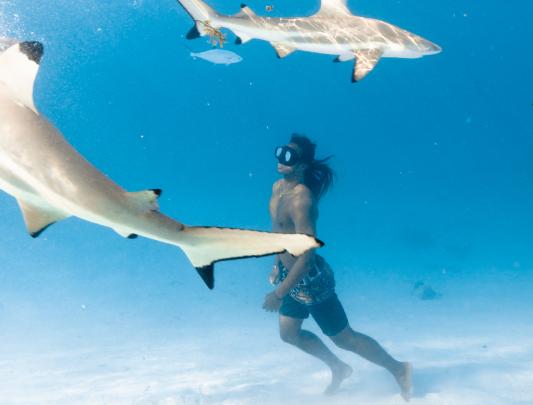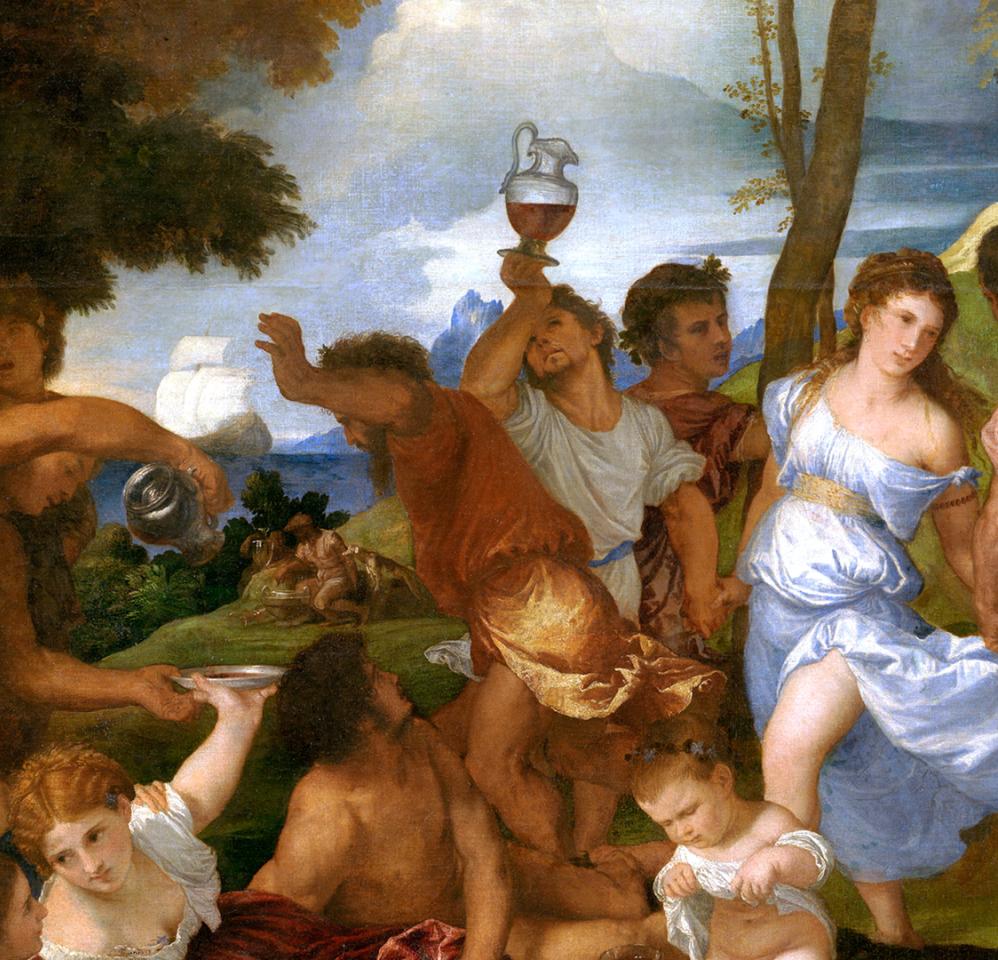
The taste for intoxicants
Alcohol is harmful to the human body, so why has evolution allowed our taste for intoxicants to persist? Dr. Edward Slingerland explores the mystery of alcohol’s age-old allure in his new book Drunk.
Bacchanal of the Andrians. Painting by Titian.
We’re all familiar with the dark side of alcohol and yet, for all its negative effects, one thing has held true for thousands of years: humanity’s love for intoxicants.
Scholars have typically viewed our species’ penchant for getting buzzed as an evolutionary error. However, in his new book Drunk: How we sipped, danced, and stumbled our way to civilization, UBC prof Dr. Edward Slingerland argues that alcohol is a “technology” with a number of functional benefits — from enhancing creativity and innovation to building trust and cooperation among strangers, thus helping to make the rise of the first large-scale societies in human history possible. In fact, our ancestors’ hankering for beer, not bread, might have been the impetus for agriculture.
A professor of philosophy and Asian studies, Dr. Slingerland shares what led him to dive into humanity’s oldest indulgence — and why having a social drink or two might actually be good for you.
What led to your interest in writing this book?
My specialty is early Chinese thought, and my early work focused on this idea of wu-wei, of effortless action — this state where you lose a sense of yourself as an agent, you lose a sense of self-consciousness, and everything works. You solve problems. You think outside the box. People trust you and are relaxed around you. This is a state that the early Chinese thinkers all want you to get into, and my first novel contribution to the study of early Chinese thought was arguing that all of these early thinkers have this as an ideal — they all want you to get into this state. And yet, there's a paradox involved: they want you to be spontaneous and relaxed, but how do you try to become spontaneous and relaxed? There's a direct cognitive paradox involved.
In some of my later work, I looked at this from a cognitive scientific angle. Essentially, what’s going on is when you’re trying not to try, the part of your brain that you're activating is actually the part you're trying to shut down, and so the Chinese come up with a bunch of different, indirect ways for getting around this paradox. I was struck by this one story in this early Daoist text, where the writer compares the Daoist sage to someone who's drunk. They are relaxed, they lose a sense of what's happening, they're not monitoring themselves, and so they can kind of move through the world in this way where they don't get harmed.
It's clear in that text that drunkenness with wine is just a metaphor for the spiritual state that the writer wants you to get into. But the story did make me start thinking about the possibility that cultures are using substances like alcohol as a way around the cognitive paradox. If you're consciously trying not to try, it's not going to work. But maybe you could use this chemical substance that will directly turn down your prefrontal cortex — the part of your brain that's in charge of conscious effort, monitored activity and goal-directed behaviour. It might be a technology that cultures have hit upon to get people into a spontaneous state, without them having to deal with this cognitive paradox. So that's when I first started thinking about alcohol as a technology.
Do you believe that a primary driving human experience is to be present and in the moment, and therefore that part of the appeal of alcohol is that it's a pathway to being present?
Being present is pleasurable for us, and it probably has something to do with just the cognitive effort that's required in being conscious. We spend a lot of our time consciously monitoring ourselves — thinking about the future, reflecting on the past, thinking about the goals we have for today. You're also monitoring yourself vis-à-vis other people. In social situations, you're wondering: Am I presenting myself correctly? Do these people understand that I'm friendly or not? Are they misunderstanding what I'm saying?
So certainly one of the functions of intoxicants has been getting a vacation from the self. There's a lot of work on what's called the curse of the self — this kind of cognitive load that's imposed by self-consciousness, and so we do experience pleasure in having this removed.
But that's not enough to explain why we use alcohol, because evolution doesn't care about whether we're happy or not. In fact, evolution has got an interest in making us not happy so that we're constantly striving and doing more stuff. So the puzzle that I'm trying to answer in the book is: Why do we get drunk? It makes us feel good is the shallow answer. But that really just pushes back the question. The real question is: Why does evolution allow it to make us feel good? It can't just be pleasure. It can't just be relaxation. So, in addition to those nice things we get from alcohol, I'm arguing it serves functional roles in society, and that's why evolution has allowed it to remain part of our motivational system.
There’s the ‘stoned ape’ theory about psychedelic mushrooms being an evolutionary catalyst and that it contributed, according to Terrence McKenna, to the accelerated growth of volume of the human brain. Do you see alcohol having a similar physiological role, or is it more of a blocking mechanism?
I think McKenna was making a kind of Lamarkian error. Certainly an individual can have new insights, new creative connections from eating psilocybin mushrooms, but it's not going to change their children genetically. I think it's unlikely that mushrooms (or alcohol) has had that kind of effect on genetic evolution.
Michael Pollan has been asked about the stoned ape theory and Pollan’s answer, I think, is right. I talked about this in Drunk as well, that probably the effect of psychedelics is on cultural evolution, not genetic evolution. Psychedelics are to cultural evolution what mutagens are to genetic evolution. Evolution can't work without variation; you need variation to get something to select on. Pollan's argument is that psychedelics kind of scramble people's brains. You have these wild insights. Like genetic mutations, most of the time, they're useless or harmful. But every once in a while, you get one that's useful, and then selection can work on that one. So Pollan thinks that the function of psychedelics has been to introduce noise into the system, so that cultural evolution has something to select on. I think that's a really great insight.
On that analogy, alcohol has a lot of different functions, but one of them is enhancing individual and group creativity. Psychedelics are a high risk, high payoff strategy, so 99.9 per cent of what you're producing is complete garbage. But maybe that 0.1 per cent is going to be brilliant and really unusual, something you never would have thought of before. Alcohol is a lower risk, lower payoff — but more reliable payoff — strategy. So if we're sitting around and we're drinking and we're trying to solve a problem, we're not going to have the kind of really unusual insights we'd have on psychedelics. But the insights we do have are more likely to be actually useful, or more likely to be related to what we're actually worried about. So I think that alcohol is similar to psychedelics in the sense that its one job is to introduce variation to cultural evolution, but it does so in a gentler, more usable, predictable way.
Psychoactive substances like MDMA and psilocybin are being introduced now, therapeutically. You don't hear that about alcohol. Should it be re-examined as a form of medical treatment?
It's interesting that alcohol is not prescribed therapeutically, and I think there's a couple of reasons for that. One is just you don't need to — it's legal and people are using it therapeutically all the time. You’re self-prescribing alcohol when you pour yourself a glass of wine at the end of a hard day and need to relax. We use alcohol instrumentally all the time without really noticing it, and most people use it in a fairly healthy way. So there's no need for doctors to prescribe it because people kind of intuitively know how to use alcohol in that way.
These other drugs — psychedelics and even MDMA — are also much safer than alcohol. Alcohol is really not a great drug in some ways. Its impact to the body is pretty heavy. It hurts your liver, it increases cancer risk, and it's addictive in a way that psychedelics are not and MDMA probably is not (there's debate about that). Now that we can precisely dose psychedelics, we can actually start maybe using it in a more controlled way. There's this phenomenon of microdosing, where people are taking very small doses of LSD or psilocybin, and the claim is that it gives you some of the effects of alcohol — enhanced mood, enhanced creativity — without any of the bad parts. It's not addictive. It's not harming the liver. But this is a really new practice, and I think it's going to be at least another 10 years before we really know what the impacts of microdosing are.
Is there a relationship between alcohol and Western society, and equity and inclusion? In other words, can the presence of alcohol in social situations favour certain groups and marginalize others?
Absolutely. So that's one of the dangers that I talk about in the last chapter of the book.
Let's say we're an organization, and we have to decide whether we're going to include alcohol in social functions. Right now, the way the decision making goes is: Here's all the potential dangers — drunk driving, sexual harassment, all sorts of lawsuits. All these bad things can happen. On the other side, what do we have? Just fun, basically, and if you put it that way, you're always going to come down on prohibition essentially — making professional environments completely dry.
What I'm trying to do is say there's other stuff in the positive column. There's enhanced creativity. There's increased group identities. One of the functions that alcohol has is to make you like other people more. You can lower your guard, your endorphin and serotonin levels go up, and you start to like other people more. This is how cultures have used it forever, and there's some experimental evidence that alcohol can help people bond together as a group and feel like a tighter unit than if you're not using alcohol.
The problem with that is creating a tight in-group creates an out-group. If you're using alcohol to increase group cohesion, you're disadvantaging people who don't feel comfortable doing that, and there's a lot of reasons why people would not feel comfortable. Let’s say you're using alcohol at a professional conference. After the sessions are over, people gather at the hotel bar and drink and start talking. You discover that some grad student who's finishing up needs a postdoc, and you happen to have a postdoc opening coming up. All kinds of personal connections get made. A lot of the real work at conferences happens after the formal program is over and people are socializing, usually over alcohol, and that's a good thing.
But if you're a woman, you’re maybe going to feel less comfortable about hanging out at the hotel bar after the sessions are done. If you are Muslim, and you don't drink for religious reasons, you're not going to be thrilled about hanging out in that situation. And the same is true if you're a recovering alcoholic, or even if you have little kids at home and you don't have the luxury to hang out at the hotel bar. Those situations, the way they're structured right now, tend to favour males, and especially males who don't share the full burden of childcare, because they're the ones who have the luxury of hanging out at the hotel bar after the sessions are over.
So I think the challenge that organizations have is to figure out how to capture the benefits of alcohol-based sociality, while trying to level the playing field as much as possible, and make these environments less unappealing to certain groups of people. I talk about a couple of ways to do that at the end of the book. There are some simple things like just making sure that non-alcoholic options are as easily available as the alcoholic options, and that there's no stigma to drinking water or a virgin cocktail instead. Having mixers at times that are more family friendly, instead of late at night, is another way to do it.
Also, a lot of receptions and professional conferences used to be completely open bars, unlimited drinking, and things went sideways really quickly. What I've noticed recently, which is a good innovation, are drink tickets. You get two drink tickets and that’s it. People don't need more than two drinks to get most of the benefits of what alcohol brings to sociality. So putting brakes on things and trying to do the best you can to make the environment more inclusive is, I think, what we need to do.
"Our taste for intoxicants is a mystery that's been hiding in plain sight.... From an evolutionary perspective, it's really puzzling why this very costly behaviour has remained in our species." – Dr. Edward slingerland
Has writing this book had any impact on the way you consume alcohol?
It has. One thing I didn't quite realize before I started doing the research was how novel distilled liquors are. For most of our history with alcohol, we've been drinking 2 to 3 per cent ABV beers, and fruit wines that maybe would get up to 8 or 9 per cent ABV. Then with modern yeast, we've managed to push the limits of natural fermentation as far as they can go, and so we can start making really strong beers, like 8 per cent beers, and then with an Aussie Shiraz, you can get up to 16, maybe 17, per cent ABV. But there's still a limit on how strong you can make an alcoholic beverage if you're relying on natural fermentation.
Then clever humans figured out a way around that, which is distillation. The concept of distillation is quite simple. You heat a mixture of alcohol and water. The alcohol is more volatile so it boils off first. If you can capture that vapour and then cool it down back into a liquid, you've got almost pure alcohol. You can get into the 90s ABV through distillation. The concept is simple, and we've known about it since Aristotle’s time, but we weren't actually able to pull it off. Technologically, it's really hard. You have to have metallurgy or glass blowing. You need to be able to heat things very precisely and keep them at a particular temperature. You need to keep things under pressure.
So we didn't have distillation on a large scale until probably China had it first in maybe the 1300s-1400s. Then in Europe, you really don't get it on a wide scale until the 1600s-1700s. So, in the story I'm telling, where our relationship with alcohol goes back at least 20,000 years, that’s really recently. And it's possible that, both genetically and culturally, we have not adapted to drinking these incredibly potent forms of alcohol. So it's technically the same drug, but it's so much stronger that I really think it should be treated as a different drug, because if you're drinking 2 per cent beer, it's really hard to get dangerously drunk. If you’re doing shots of tequila, you can pass a dangerous point really quickly.
So one thing that's changed with me is I'm much more wary of distilled liquors. Cocktails are wonderful, but they're really strong, and so I've been more aware that when I'm drinking a cocktail, I'm drinking something that's really powerful, and I should be careful about it.
Then the other relatively novel danger I talk about in the book is drinking alone. We've always drunk in social ritual situations — with other people where there are very clear limits on when and how much you can drink. Even if it's not explicitly stated, people who are drinking with others unconsciously moderate their drinking to match the other people in the group. If we're drinking alone, all of those limits are gone. In the book, I talk about these studies of stressed rats that were given access to alcohol and they just started feeding on the alcohol constantly.
That's kind of what we’ve all looked like in COVID lockdown. North America has already been relatively bad that way because people live in suburbs and they don't have a pub they go to in the way you would in England, for instance. But then COVID lockdowns have made it much worse. I've noticed it myself. My drinking has gotten heavier and less regulated because I'm home alone. I've had nine quarantines. Two of them, I've done with my partner. Seven of them were alone, where I'm in my apartment for two weeks with access to enough alcohol to kill a mid-sized village — and I can drink as much of it as I want. That's an evolutionarily unprecedented situation, and it's dangerous. Writing the book has made me understand how unusual the situation is. I think one change in my drinking behaviour would be to really just try to drink with other people — so out in public, as part of a meal with other people around, and not so much alone at home.
You’ve been doing a lot of interviews about the book. Are you surprised by certain questions you're not asked?
In the course of a day, I usually get asked every question I can imagine by someone or another. People engage with this topic. They’re getting the main point of my book, which is that our taste for intoxicants is a mystery that's been hiding in plain sight. It's something we all do, we've always done it. When we go to a new part of the world, people are doing it. We just take it for granted that people are going to be using intoxicants. And yet, from an evolutionary perspective, it's really puzzling why this very costly behaviour has remained in our species. I think people are getting that point and asking the right questions about why is it that we drink — what are the costs, what are the benefits, and how should we think about it now? Is the cost-benefit calculation different in the modern world? So, yeah, I've actually been quite happy with the reception of the book.

